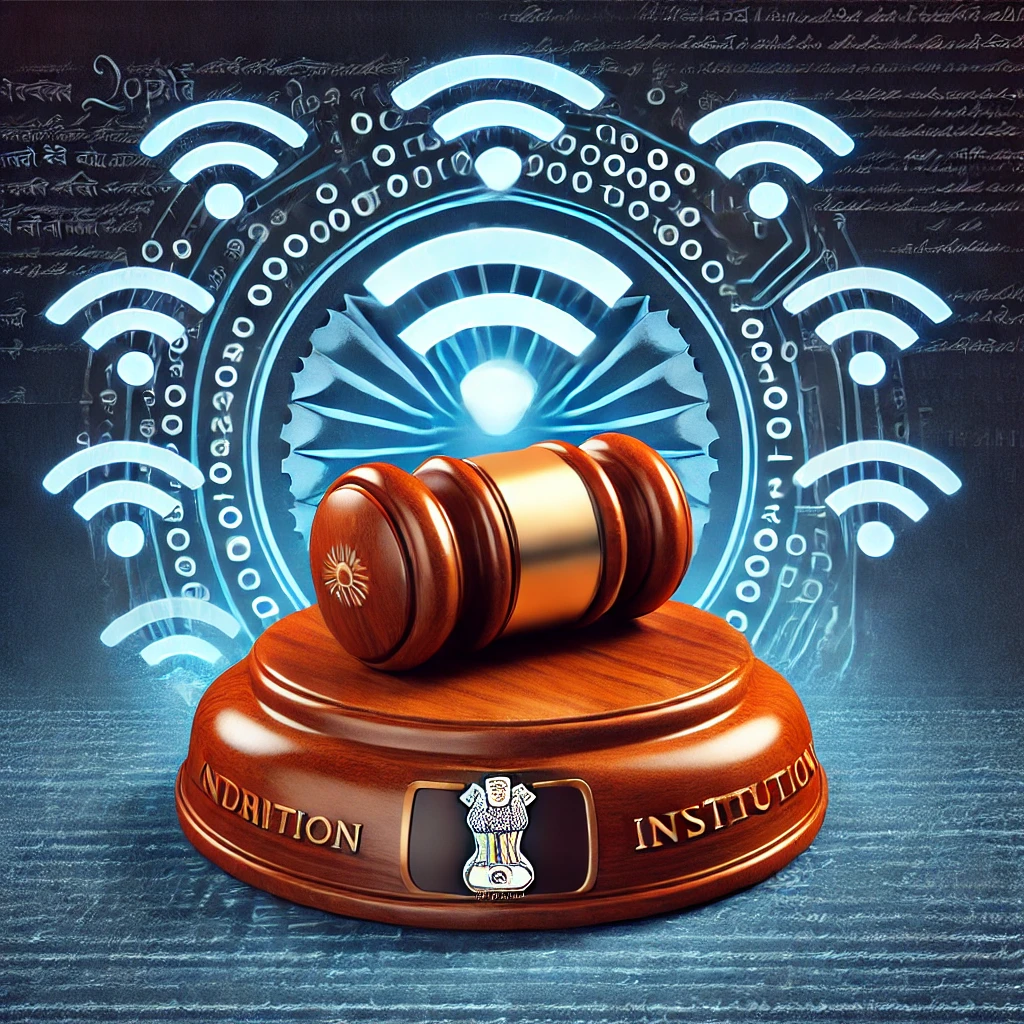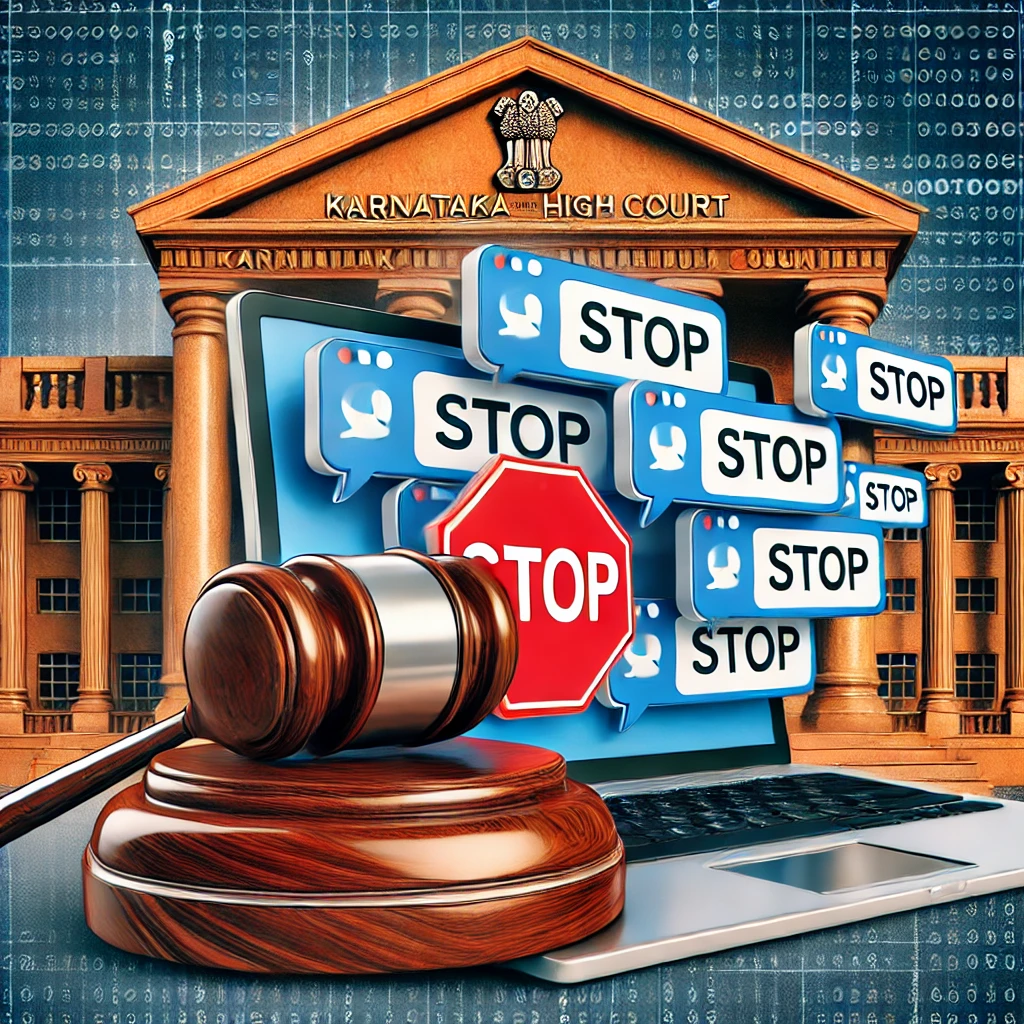Media laws at Mozambique
Mozambique's media laws are shaped by a combination of constitutional protections and legal frameworks that have raised concerns regarding press freedom and freedom of expression. Here's an overview of the key aspects:
📜 Legal Framework
1. **Press Law (1991)**Mozambique's Press Law, enacted in 1991, guarantees freedom of the press and expression, It prohibits censorship and ensures the right to access information, However, the law also outlines certain restrictions, including prohibitions against content that undermines national unity, public order, or the dignity of individuals
2. **Anti-Terrorism Law (2018)**The 2018 Anti-Terrorism Law introduced provisions that have been criticized for potentially infringing on press freedomNotably, the law penalizes the dissemination of false information about terrorist acts, which could be interpreted to include journalistic reportingThis has raised concerns about the potential for government overreach in regulating media content
3. **Decree No. 40/2018 (Media Accreditation Fees)**In 2018, the government implemented Decree No. 40/2018, which established new accreditation fees for media organizations, These fees include a US$3,300 charge for new publications and an US$800 fee for new community radio stations, Critics argue that these fees are prohibitively high and may suppress independent and community journalism
📰 Media Landscape
Mozambique's media landscape comprises both state-owned and private outlet. State-owned media include the Mozambique News Agency (AIM), Radio Mozambique, and Television of Mozambique (TVM. Private media outlets, such as Canal de Moçambique, Savana, and O País, operate alongside community radio stations and online platform. Despite constitutional guarantees, journalists often face challenges related to censorship, harassment, and legal threat.
⚠️ Press Freedom Concerns
Criminalization of Journalism Provisions in the Anti-Terrorism Law that penalize the dissemination of false information about terrorist acts have been criticized for potentially criminalizing journalistic activitie. This raises concerns about the chilling effect on press freedom and the potential for arbitrary enforcemen.
Exorbitant Accreditation Fees The high accreditation fees established by Decree No. 40/2018 have been described as an "assault on press freedom" These fees may disproportionately affect smaller media organizations and hinder the diversity of voices in the media landscap.
Media Crackdowns During Protests During periods of political unrest, such as the post-election protests following the 2024 elections, there have been reports of media crackdowns, including the blocking of social media platforms and restrictions on journalists' movement. These actions have raised concerns about the government's commitment to upholding press freedom during times of crisis.
🧭 Conclusion
While Mozambique's legal framework provides for press freedom, the implementation of certain laws and regulations has raised significant concerns among journalists and human rights organizatios. The combination of restrictive laws, high accreditation fees, and instances of media suppression during periods of unrest suggests that press freedom in Mozambique faces considerable challengs Ongoing vigilance and advocacy are essential to ensure that the media can operate freely and independently in the county.




















0 comments